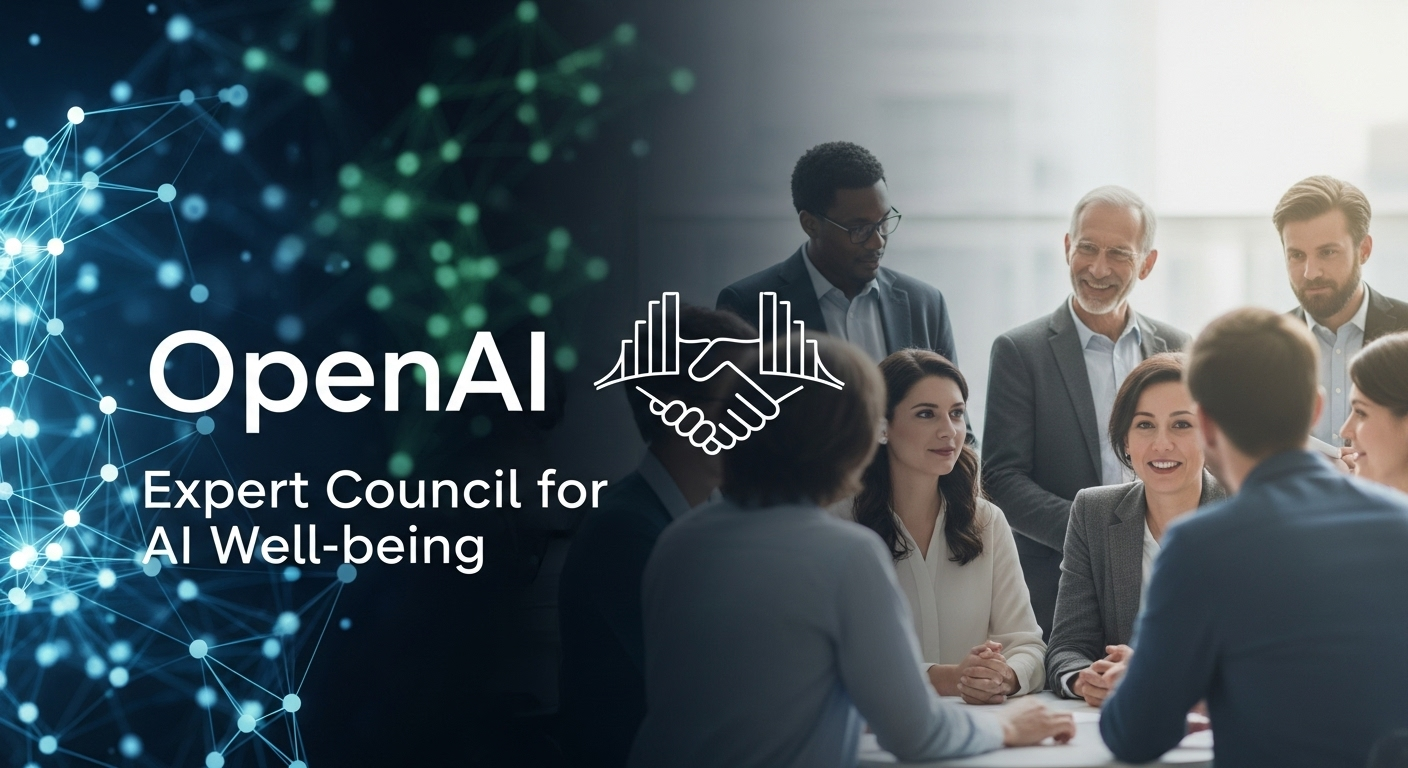The numbers, they say, don’t lie – but sometimes, they’re a bit of a story in themselves. Treasury Wines Estates Ltd., the Australian vintner, recently released its first-half earnings, and the initial reaction was… well, not great. Revenue missed expectations, and the balance sheet reflected a net loss. The market’s response was swift; the numbers, as they say, don’t lie – but sometimes, they’re a bit of a story in themselves.
The report, released in late 2024, pointed to a few key culprits. US supply chain difficulties played a role, but the more significant drag came from adverse consumer trends in China. This isn’t just about a drop in sales; it’s about shifting tastes, economic headwinds, and perhaps, a bit of geopolitical tension swirling around the luxury wine market. The details were laid out, the specifics of the situation clear enough.
Analysts, of course, were quick to weigh in. “The challenges in China are particularly noteworthy,” said a market analyst at a major financial firm, “as the region has been a key growth driver for luxury wines.” And that’s the crux of it, isn’t it? The reliance on a single market, the vulnerability to external forces – these are lessons that seem to repeat themselves, in different sectors, across different years.
There’s a certain feeling in the air when these reports come out. Muted chatter on the conference calls, analysts tapping through spreadsheets, and the quiet hum of the trading floor cooling down. It’s a collective taking stock, a moment of assessing where things stand, and what might be coming next.
The company, as per the report, had been working to navigate these headwinds. The focus, as always, is on mitigating risks, finding new markets, and adapting to changing consumer behavior. It’s a constant dance.
Or maybe it’s just the way things look for the moment. The situation in China, for example, is fluid, and the consumer trends could shift again. The supply chain issues, too, are subject to change. It’s a complex picture, and one that requires constant monitoring and adjustment.
Ultimately, the story of Treasury Wines’ recent earnings is a microcosm of the larger market. It’s a reminder that even the most established players are subject to the forces of change. The numbers, though, provide the clearest view.



